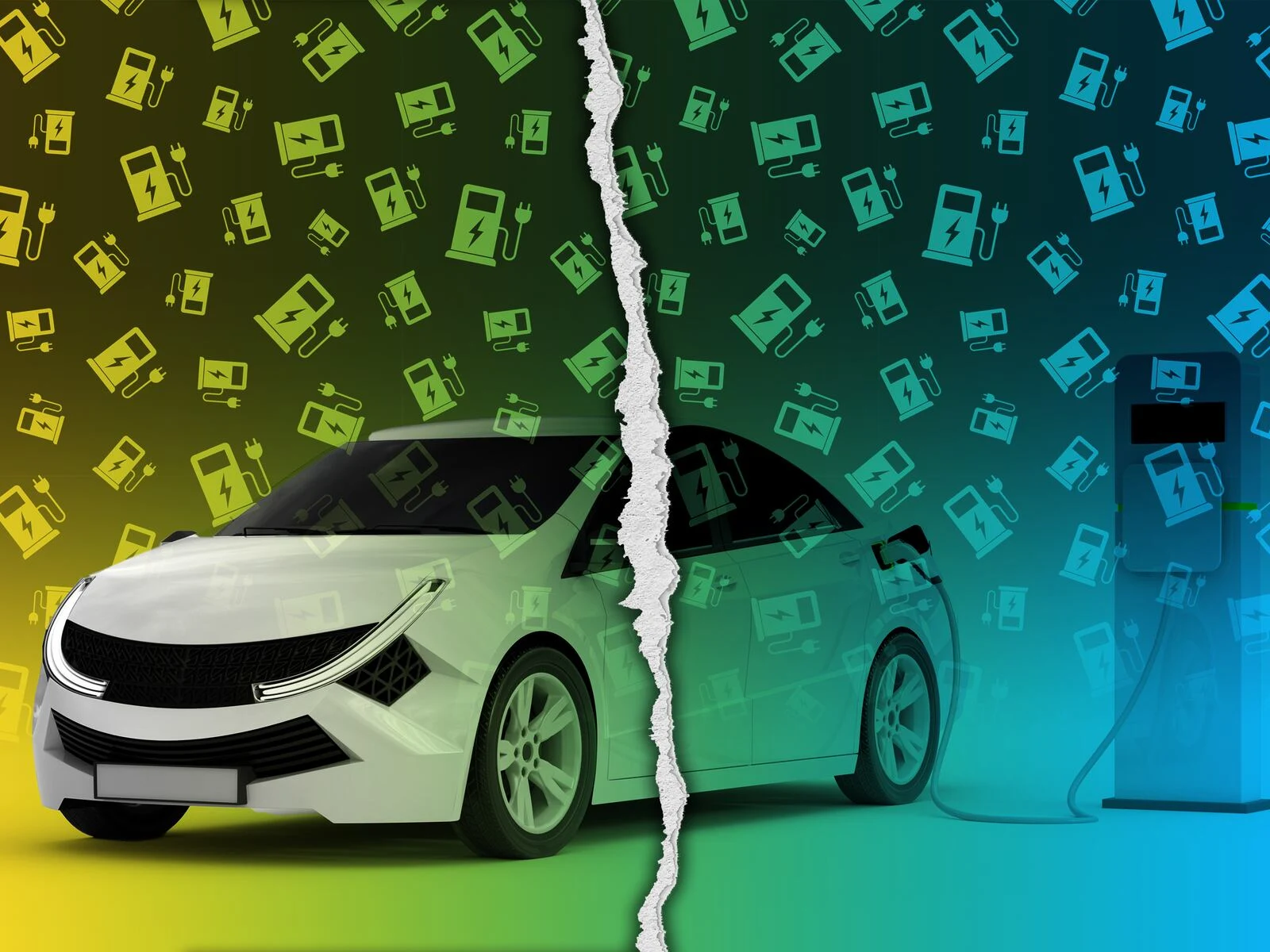The Electrifying Truth: Debunking EV Misinformation
Electric vehicles (EVs) are rapidly gaining popularity as a cleaner, more sustainable transportation option. However, alongside this rise in adoption comes a wave of misinformation, often fueled by outdated perceptions or deliberate disinformation campaigns. This article aims to clarify the realities of EV technology and dispel some of the most prevalent myths surrounding electric cars.
Myth 1: EVs Have Limited Range and Suffer from "Range Anxiety"
One of the most persistent misconceptions about EVs is their limited range and the associated "range anxiety." While it's true that earlier EV models had shorter ranges, advancements in battery technology have significantly improved this aspect. Many modern EVs now offer ranges exceeding 300 miles on a single charge, comparable to or even surpassing gasoline-powered vehicles. Furthermore, the ever-expanding network of public charging stations alleviates range concerns, making long-distance travel increasingly feasible.
Myth 2: Charging an EV Takes Too Long
Another common misconception is the inconvenience of charging. While charging times can vary depending on the vehicle and charging method, the reality is that most EV owners charge their vehicles overnight at home, much like charging a smartphone. For faster charging, DC fast chargers can replenish a significant portion of an EV's battery in under an hour. As charging infrastructure continues to develop, charging times will continue to decrease, further enhancing convenience.
Myth 3: EVs are Too Expensive
The upfront cost of an EV can be higher than a comparable gasoline-powered vehicle. However, considering the total cost of ownership, EVs often prove to be more economical in the long run. Lower operating costs due to cheaper electricity and reduced maintenance requirements (no oil changes, spark plugs, etc.) can offset the initial price difference over time. Furthermore, government incentives and tax credits can significantly reduce the purchase price of EVs, making them even more affordable.
Myth 4: EVs Aren't as Safe as Gasoline-Powered Cars
Stringent safety regulations and rigorous testing ensure that EVs meet the same safety standards as conventional vehicles. In fact, EVs often have some inherent safety advantages, such as a lower center of gravity due to the battery pack placement, which reduces the risk of rollovers. Moreover, the absence of flammable fuel makes EVs less susceptible to fires in the event of a collision.
Myth 5: EV Production is More Harmful to the Environment
Some argue that the production of EV batteries has a larger environmental footprint than gasoline car manufacturing. While battery production does require resource extraction and energy consumption, studies have consistently shown that EVs have a significantly lower overall environmental impact throughout their lifecycle, considering emissions from both manufacturing and operation. As battery technology evolves and manufacturing processes become more sustainable, this advantage will only grow.
Myth 6: The Electricity Grid Can't Handle Widespread EV Adoption
Concerns about the electricity grid's capacity to handle a large influx of EVs are often raised. However, studies suggest that the grid can accommodate substantial EV adoption with appropriate planning and investment in grid modernization. Furthermore, smart charging technologies can optimize charging patterns to minimize strain on the grid and even leverage EVs as distributed energy storage resources.
Myth 7: EVs are Only for City Driving
With increasing ranges and the expansion of charging infrastructure, EVs are becoming increasingly suitable for all types of driving, including long-distance travel. Many EV models now offer features like all-wheel drive and towing capabilities, further expanding their versatility and making them viable options for a wider range of driving needs.
Conclusion: Embracing the Electric Future
The transition to electric vehicles is essential for a sustainable future. By dispelling misinformation and promoting a clear understanding of EV technology, we can accelerate the adoption of this cleaner and more efficient mode of transportation. As technology continues to advance and charging infrastructure expands, EVs will undoubtedly play a pivotal role in shaping the future of mobility.

